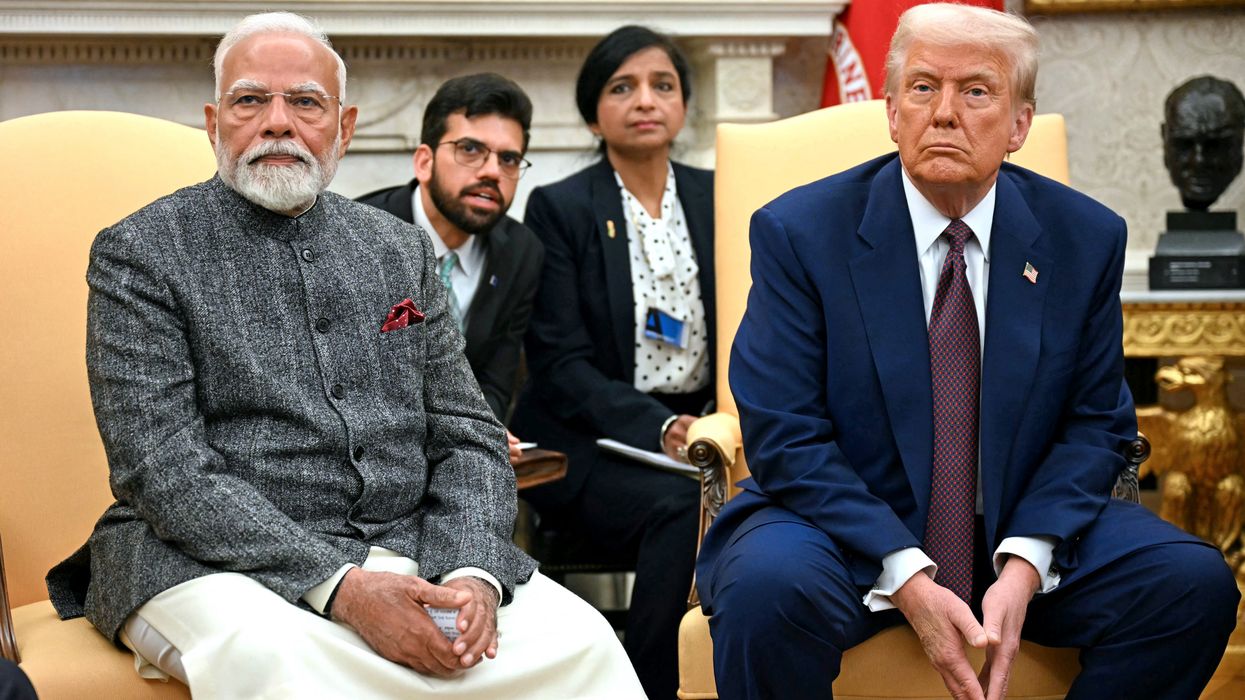BRITAIN and the EU cautioned each other on Monday(30) that time was running out for a Brexit trade deal as negotiators sparred over state aid, enforcement and fishing in a bid to avoid a tumultuous exit in just a month's time.
The UK finally leaves the EU's orbit on December 31 when a transition period of informal membership ends, though both sides are rushing to hash out a deal that will govern nearly $1 trillion in trade.
Prime minister Boris Johnson says a deal would be preferable but that Britain would flourish without a deal when it goes it alone after 48 years of membership.
"We really are now running out of time. This is the crucial week -- we need to get a breakthrough," said British environment secretary George Eustice, adding that if good progress was made this week then negotiations could be extended.
The EU delivered a similar message.
"We are running out of time here," said Ireland's Brexit supremo, foreign minister Simon Coveney. "The truth of Brexit is now being exposed in terms of the challenges of it."
"If there isn't an agreement on fish, the whole thing could fall on the back of it and that's the worry," he said.
After breaking all the deadlines imposed by both sides, the negotiators are still stuck on three main areas: fishing, state aid and how to resolve any future disputes. They have been stuck on those three issues for weeks.
While fishing alone contributed just 0.03 per cent of British economic output in 2019, it is an emotive subject; many Brexit supporters see it as a symbol of the regained sovereignty they hope leaving the EU will bring. Combined with fish and shellfish processing, the sector makes up 0.1 per cent of UK GDP.
Britain wants "zonal attachment" to agree a total allowable catch for the UK's waters - a step that would give it a much larger quota share than if the fish maths were worked out on the EU's proposals.
"All we're asking for ... is there to be annual negotiations based on the science and also for there to be a move towards a fairer, more scientific sharing methodology, which is called zonal attachment, which is broadly where the fish are to be found," Eustice told BBC radio.
"Under that analysis we currently only have access to about half of the fish in our own waters. That is profoundly unfair on our fishermen -- we've been clear throughout that needs to change."
A trade deal on goods would safeguard nearly $1 trillion in annual trade and buttress peace in British-ruled Northern Ireland, though some disruption is almost certain at the busiest EU-UK border points.
Talks between EU chief negotiator Michel Barnier and British chief negotiator David Frost continued on Sunday(29). British foreign secretary Dominic Raab said it was a significant week for Brexit.












